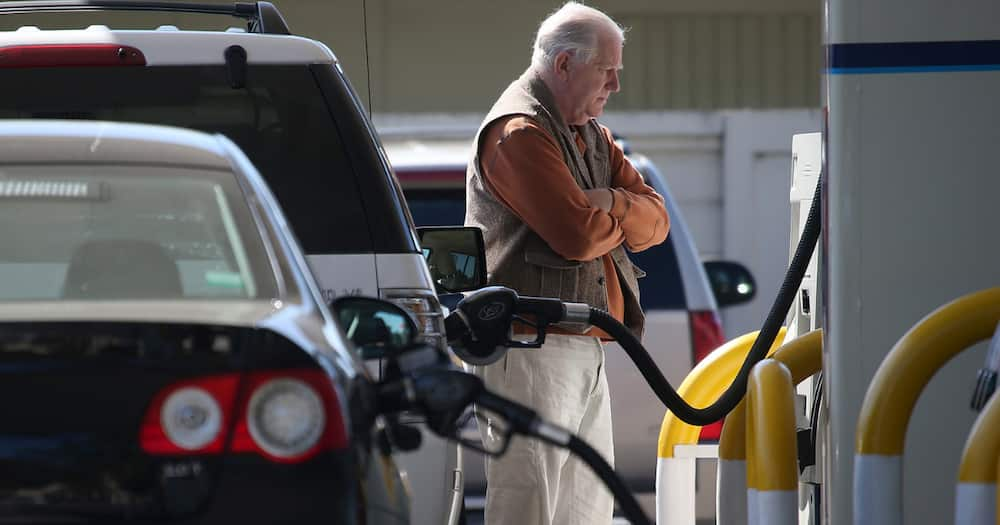"Life Is Becoming Unaffordable": South Africans Are Not Happy With the Price of Petrol Going Up Again
- The price of petrol, diesel and illuminating paraffin will be increasing from Wednesday, 2 February
- The Department of Mineral Resources and Energy attributes this recent increase in fuel prices to the rise of oil prices globally
- South Africans are not happy with the impending fuel price and feel that the price of food will also go up because of this
PAY ATTENTION: Click “See First” under the “Following” tab to see Briefly News on your News Feed!
JOHANNESBURG - South Africans will now be paying more for petrol and diesel following the recent announcement that fuel prices are expected to go up on Wednesday, 2 February.
Motorists will now have to pay an additional 53 cents for both 93 and 95 type petrol. Diesel prices will go up between 79 cents and 80 cents.
The price of illuminating paraffin will go up by R1.01, however, the price of LPGas will go down by R1.24, according to Fin24.

Source: Getty Images
The Department of Mineral Resources and Energy has cited the increase in oil prices across the globe as being the main driver behind the recent fuel hike.
PAY ATTENTION: Never miss breaking news – join Briefly News' Telegram channel!
On the bright side, the growing strength of the rand against the dollar has meant that the fuel hike is not as severe as it could have been.
Minister of Mineral Resources and Energy Gwede Mantashe said that the conflict between Ukraine and Russia has also played a role in the increase of Brent Crude oil. Other oil prices have also been on the rise due to more demand that stems from the travel sector.
South Africans are unhappy with the increase in fuel prices
@mahle_asi said:
"It has become unaffordable to live in South Africa."
@lefale_phiri said:
"Yoh we can't catch a break."
@iblamestephan said:
"Are you sure @MbalulaFikile got the amount right this time?"
@bobbywarriner said:
"Time for the politicians to pay for their own fuel to get to work. Like the rest of us... Then perhaps they may act on behalf of the average Joe Public..."
@Siphiwe07690967 said:
"If ANC government is not voted out, SAns won't SURVIVE. We are feeding a MONSTER in ANC."
@Khalabe1 said:
"We are still gonna pay for loans taken by @MYANC @PresidencyZA @CyrilRamaphosa. We need a national strike for this. How will we survive? Everything is expensive now."
@issi778866 said:
"Life is becoming unaffordable ,this is mainly because of the criminal organisation @MYANC, they have totally ruined the country."
@BernieBramsamy said:
"The food basket is going to be more expensive. No respect for the poor."
Another repo rate hike on the cards, says SA Reserve Bank
Briefly News previously reported that South Africans should make do with the Reserve Bank's decision to hike the repo rate by another 25 basis points to 4 per cent, upping the prime lending rate to 7.5 per cent.

Read also
The state of Johannesburg CBD has left many feeling scared and angry, something needs to be done
Four out of five members of the central bank's monetary policy committee on Thursday voted for the increase, News24 reported. What does this signal for ordinary citizens, who will have to accept the hike as the lowest possible?
Well, for a new application on a home loan of R2 million at the prime rate, the monthly payment will increase by around R300 following the rate hike. Over a full calendar year, this translates to R3 600 more.
The central bank resolved to hike rates again in November, with a 25 basis point increase to 7.25 per cent, after the prime lending rate went to 7 per cent last year from 10 per cent in 2019.
Source: Briefly News


